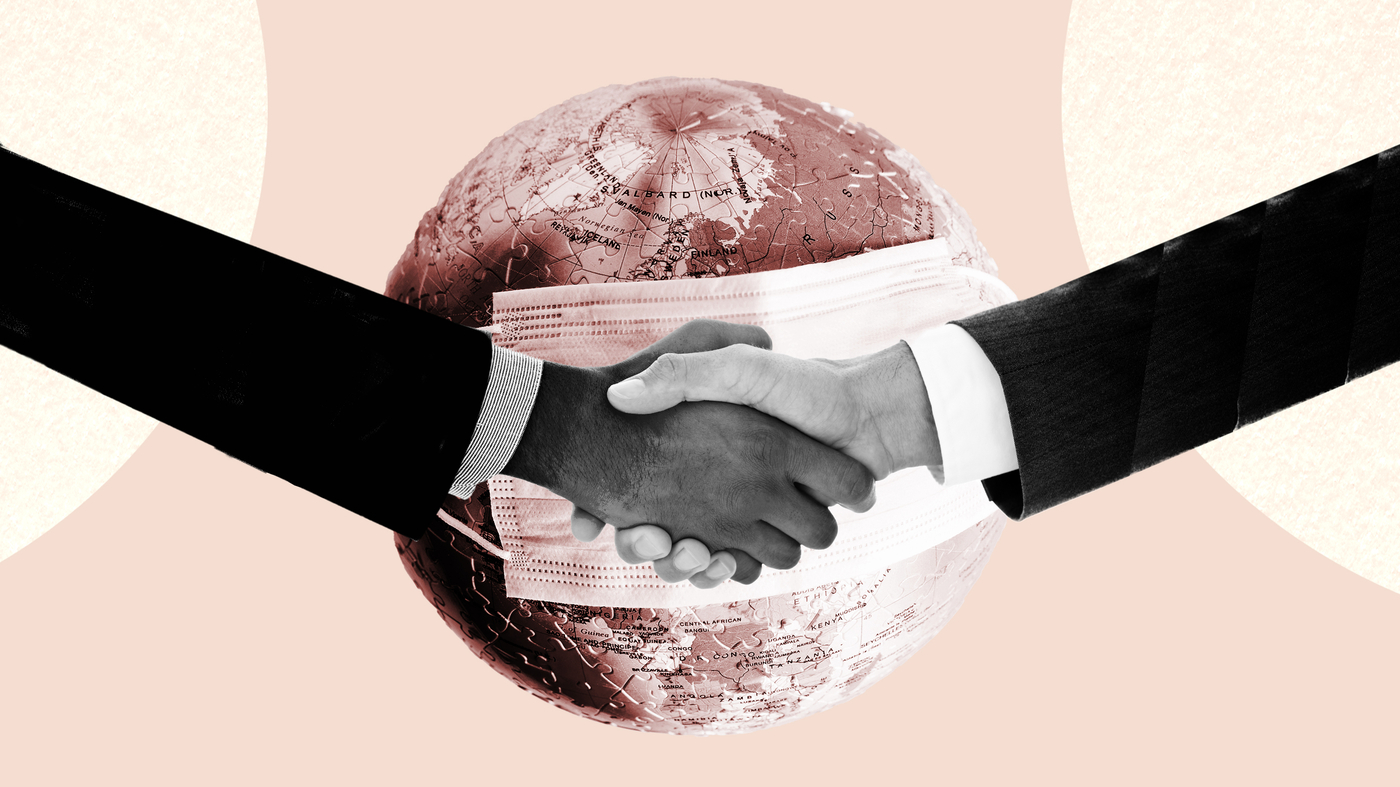At the height of the pandemic, world leaders proposed a bold idea. They envisioned a pandemic treaty that would obligate countries to work together to prevent future health emergencies like COVID — in other words, to cooperate in a way that didn’t quite happen when SARS-CoV-2 struck.
The World Health Assembly set the deadline for such an accord: May 2024. The idea was to light a fire under the participants — and have the accord ready when the assembly convenes in Geneva. But negotiations have seized up around a series of issues. How would such a treaty be enforced? How would it be financed?
And there’s a growing gulf between countries in the Global North who want to hold onto the intellectual property to create and sell vaccines, diagnostics and medicines — and countries in the Global South who say that in times of crisis, such technology should be shared.
“The question is,” asks Dr. Githinji Gitahi, CEO of Amref Health Africa, “do you profit from it until the end? Or is there a moral right to allow other people access to it so that they can also manufacture this thing that is actually going to save human life?”
Gitahi says one solution is to fund companies’ research and development with taxpayer dollars. In exchange, they would then share any resulting technology freely. The idea is that in the event of a public health emergency, “human life would override the profit intent.” But he doubts that idea will gain much traction.
“I think it’s going to be a real fight,” says Gitahi. “It was a fight during COVID and people were dying. Right now, we are discussing without a crisis. So it’s unlikely that anyone will give in.”
Kate Dodson, vice president for global health at the United Nations Foundation, agrees that it’s a hard process. “Member states are coming into these negotiations from really different experiences,” she says. “I think there’s a trust deficit. And some really different views about what are the best ways to try to better prepare the world for…
Read the full article here

Leave a Reply